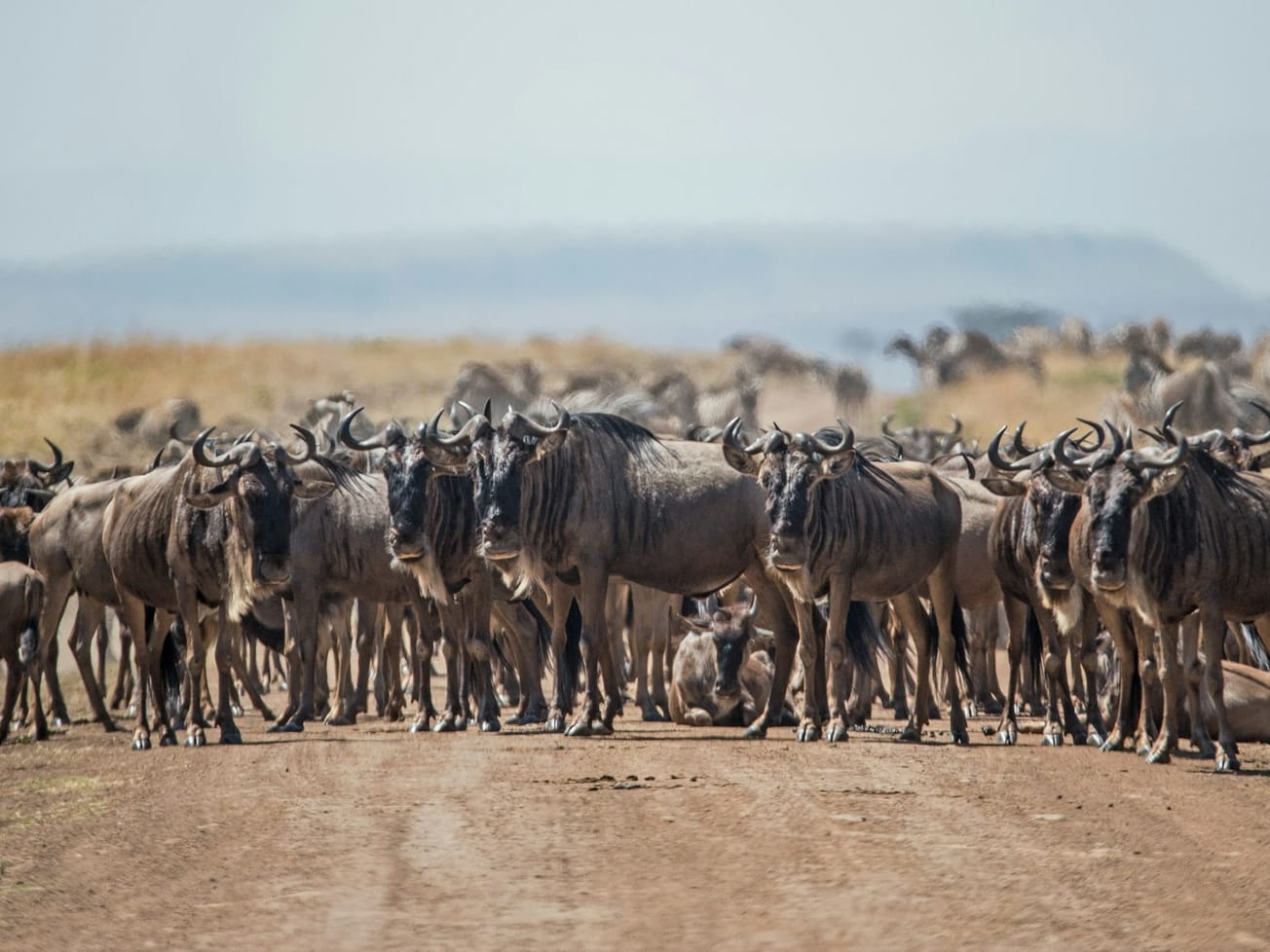Weather events like the prolonged drought in Eastern Africa are getting worse because of climate change primarily from fossil fuel burning, according to an international collaboration between climate scientists.
Large parts of the region have suffered extended dry conditions with only short, intense rainfall often leading to flash floods since Oct. 2020.








